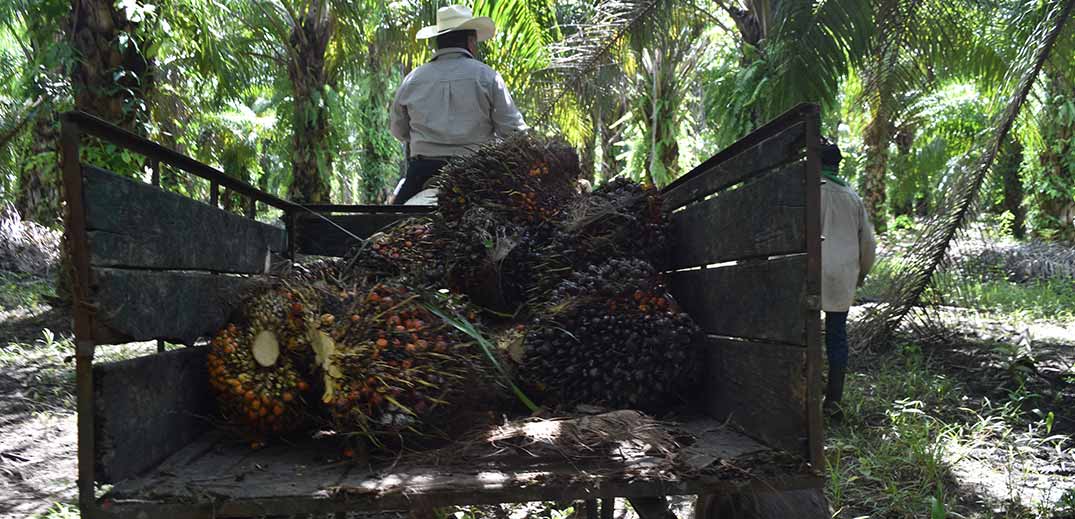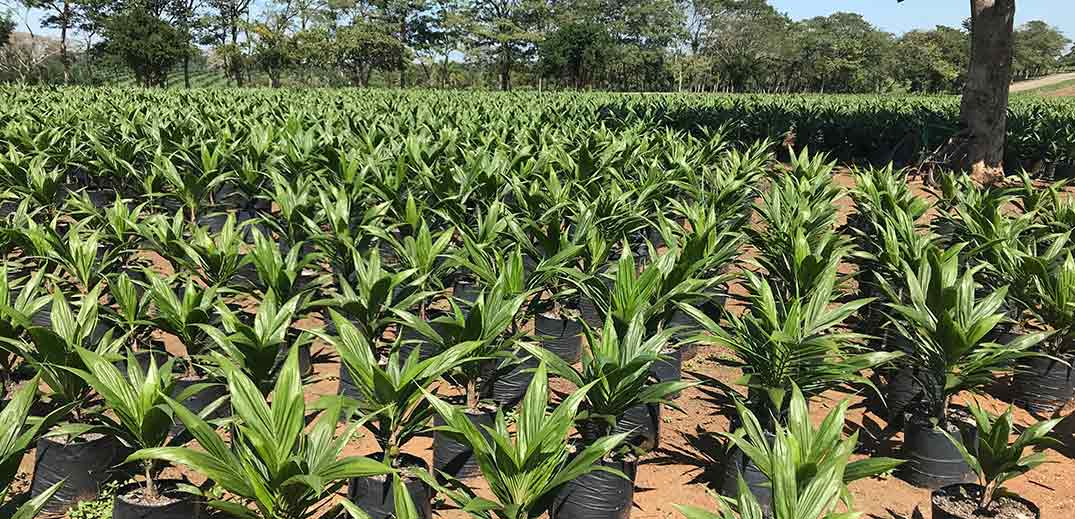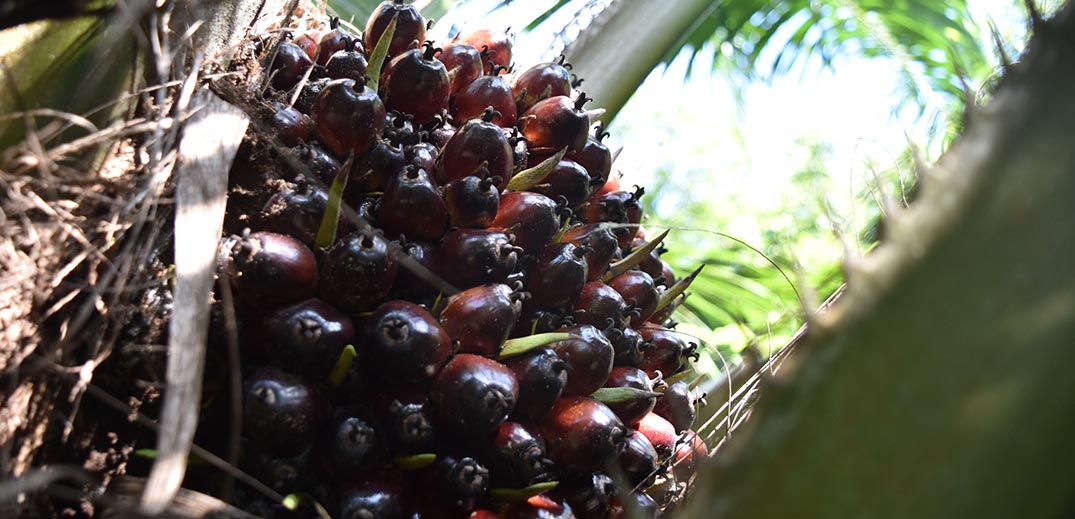Riding on a horse-drawn cart, Guadalupe Nares López transported his first oil palm plants 30 kilometers across a lonely stretch of land from Palenque, Chiapas, to his rural community in Catazajá – that was all he could afford.
It was 1998, and the Mexican government was handing out palm plants and paying monthly subsidies to anyone willing to grow them. Guadalupe saw an opportunity and decided to plant them on his two-hectare plot.
Twenty-two years later, Guadalupe's palm grove covers nine hectares. That has allowed him to buy two houses, put both of his daughters through college, and even save money – something considered a 'luxury' in the farming community to this day.
Growth of the palm sector in Mexico
Guadalupe's story is far from being an isolated case. Today, more than 85% of the sector's national production comes from smallholders, official statistics show.
It hasn't always been easy. Prior to 2004, with little demand for the crop and no industries to process it, hundreds of tons of harvest were permanently lost in the fields.
Progressively, though, as demand for palm oil grew, mills processing the plant began to sprout up across the country. In 2012, oil palm plantations covered approximately 60,000 hectares. Today, that number has almost doubled to 100,000 hectares. The sector provides a direct source of income to 25,000 people and indirectly supports many more.
The vision for 'Un Mexico Palmero Sustentable'
But with that rapid pace of expansion came potential risks. It was important to ensure that this growth was sustainable – that it had a positive impact on communities and on the environment.
It's out of that vision that the Holistic Program was born in 2016, the result of a partnership between PepsiCo, Oleopalma (a company specialized in the production and extraction of palm oil), Proforest (a specialist in sustainability issues), the Mexican Federation for Oil Palm – Femexpalma – and, since 2019, Nestlé.
With a focus on three main areas – inclusion of smallholders; sustainability capability-building; and promoting 'No Deforestation, No Peat, No Exploitation' (NDPE) policies – the program aims to weave sustainability into the very fabric of the Mexican palm oil sector.
Ensuring inclusion of smallholders
Because oil palm is primarily a smallholder crop in Mexico, this program had to be geared toward smallholder agriculture to have a meaningful and long-lasting impact. This pilot aims at both improving the resiliency and livelihoods of smallholder farmers and at championing best practices to prevent deforestation and exploitation.
Among other things, smallholder farmers taking part in this pilot have learned how to best manage the crop to maximize yields and reduce harvest loss, while learning how to incorporate sustainable agricultural practices to protect wildlife that takes refuge in their palm groves.
Strengthening and providing training on sustainability issues
Entrenching permanently sustainability in the Mexican palm oil sector implies the development and grooming of palm oil sustainability specialists – the second focus area of the program.
The training program has reached over 600 people to date, representing 20 different companies active in the Mexican palm oil sector, which combined account for more than a third of the total land area used in the country for growing oil palm.
These capability-building efforts culminated with the creation of Femexpalma's very own Sustainability Office, the aim of which is to ensure the sustainable supply of palm oil in Mexico, promoting good environmental, social and economic practices that encourage the sector to become RSPO certified.
'No Deforestation, No Peat, No Exploitation' policies
Promoting 'No Deforestation, No Peat, No Exploitation' (NDPE) policies within the palm oil sector is another critical aspect of the program. 200,000 hectares in Chiapas and Tabasco, have already been surveyed to identify High Conservation Values (HCV) areas – biodiversity-rich natural habitats which warrant special management and monitoring.
The first HCV lead assessors' course was also set up. As part of this initiative, 15 professionals from Costa Rica, Mexico, Colombia and Guatemala were trained on the HCV approach – so that our sustainability efforts extend beyond Mexico and into much of Latin America.
Looking forward
The Mexican oil palm industry now operates with a multilateral agenda capable of meeting the most urgent challenges of the 21st century: achieving economic growth without compromising the natural resources of the future. By strengthening local grower organizations, building capacities and facilitating access to resources, the Holistic Program is improving grower livelihoods and promoting thriving, resilient agricultural communities.











